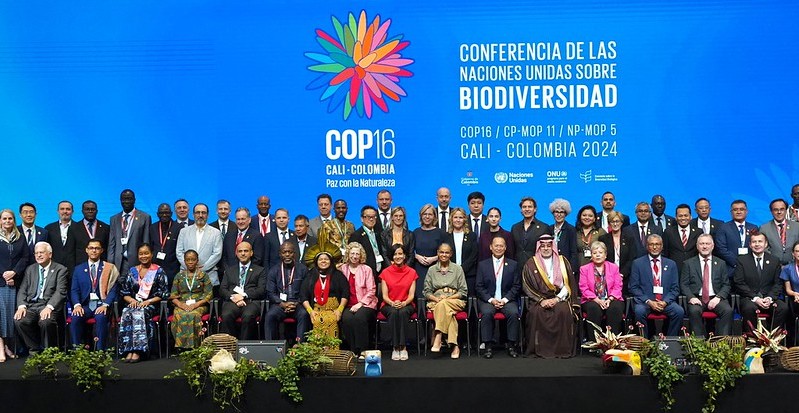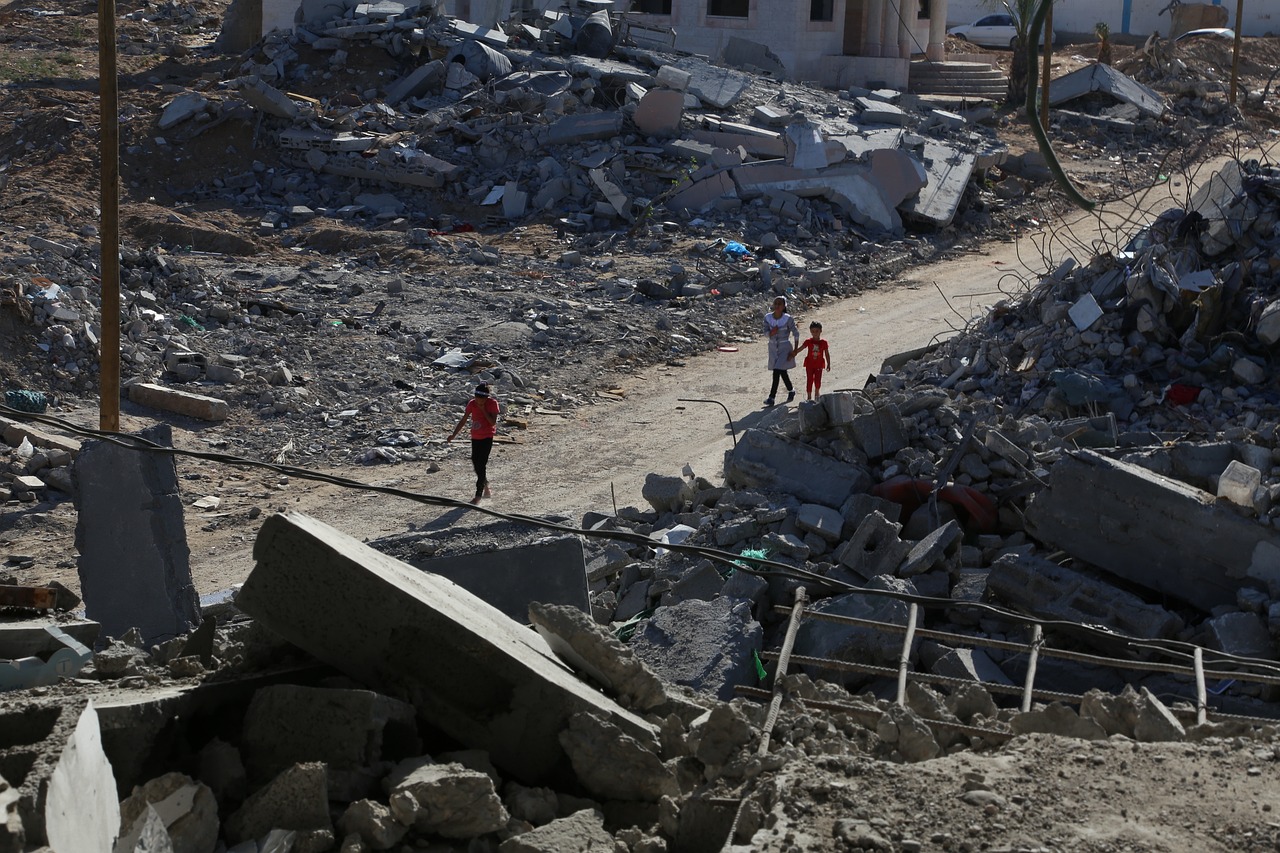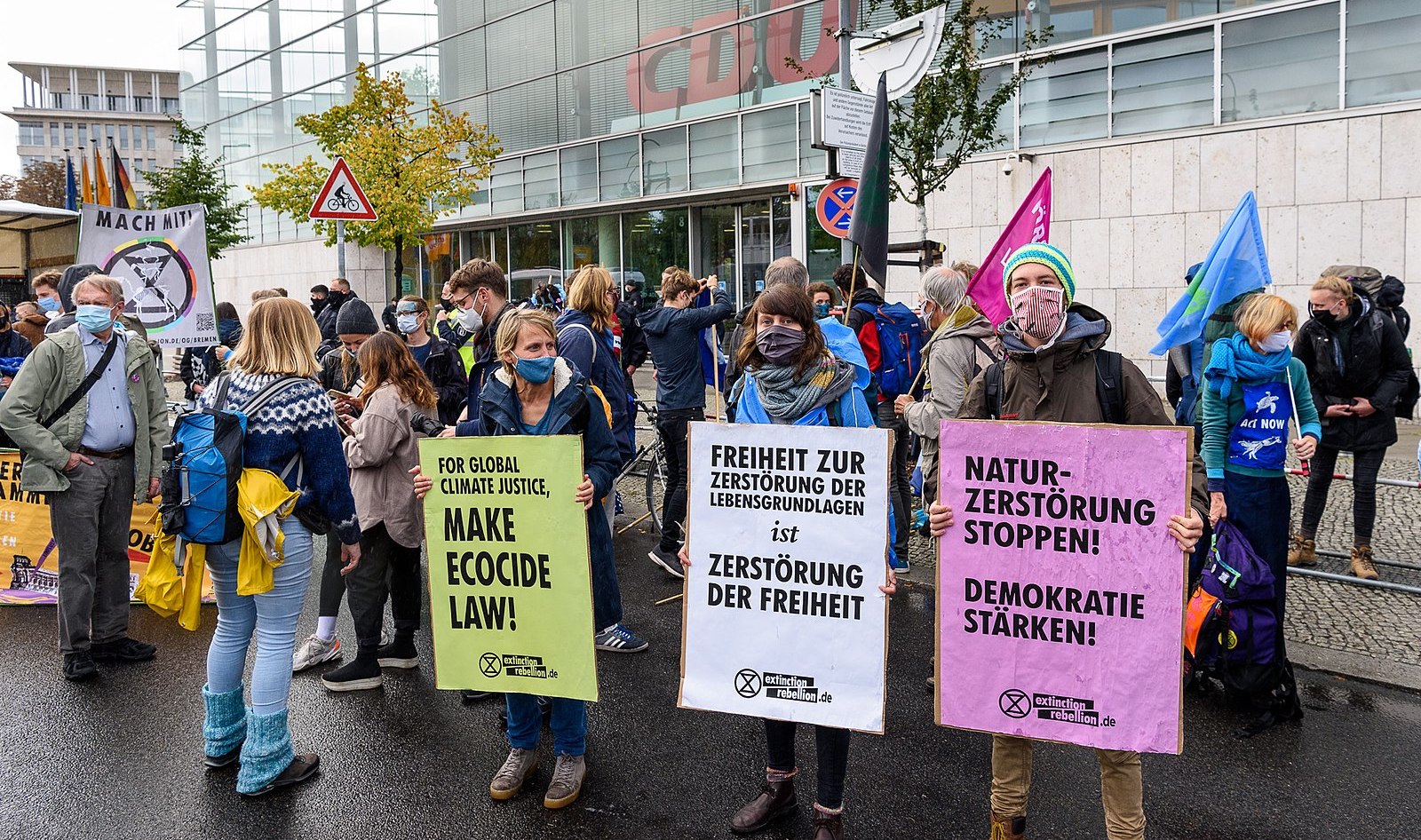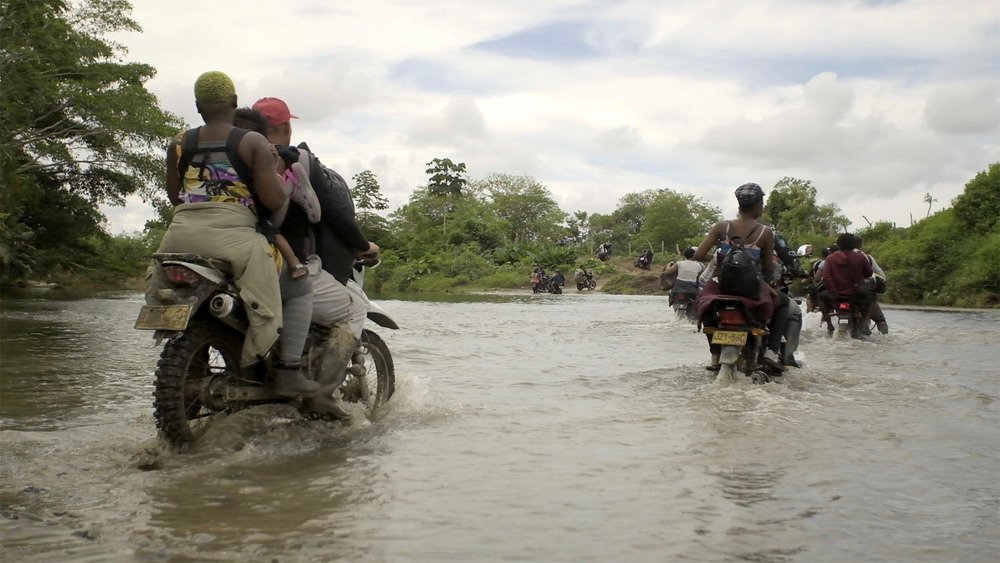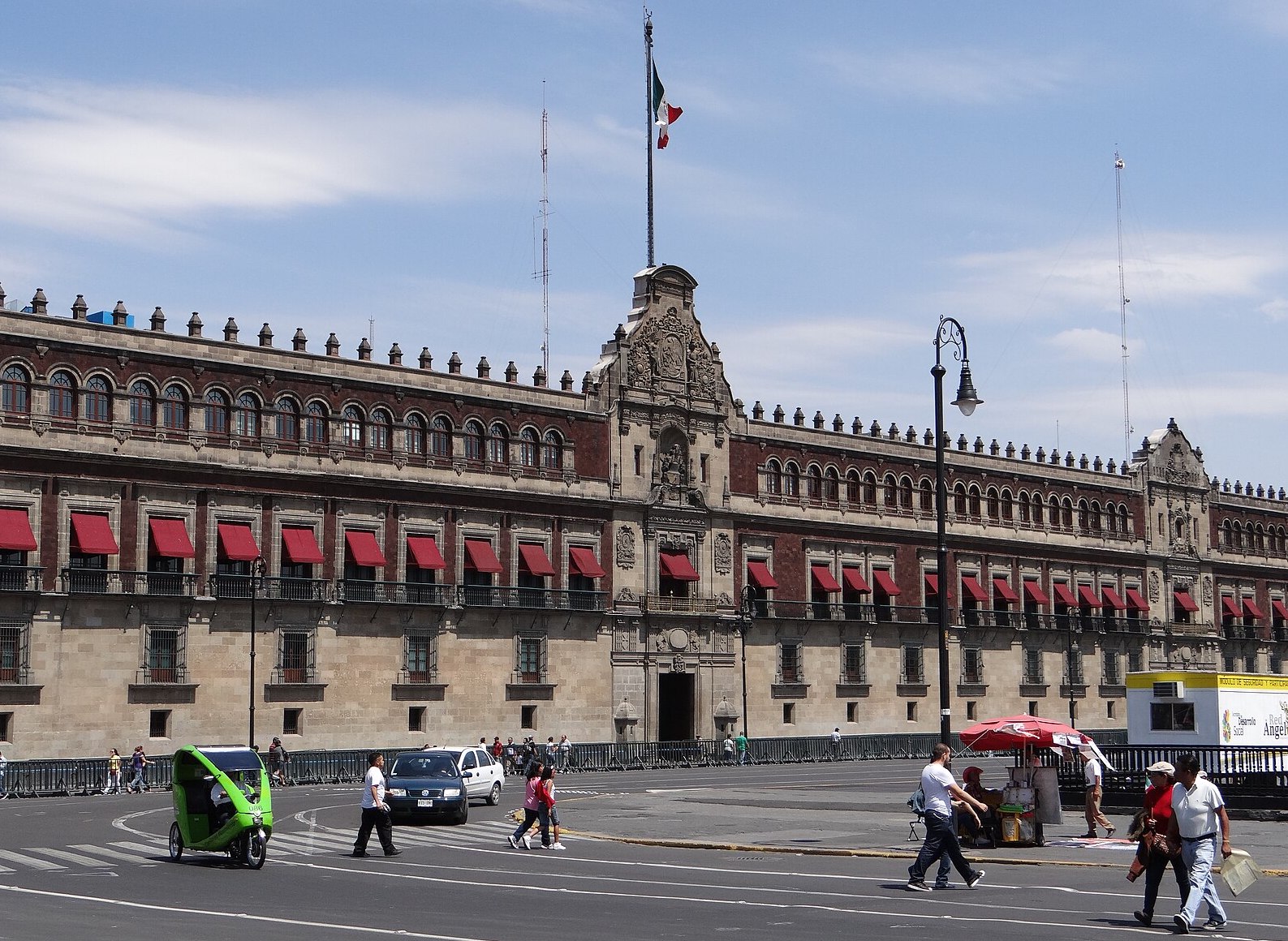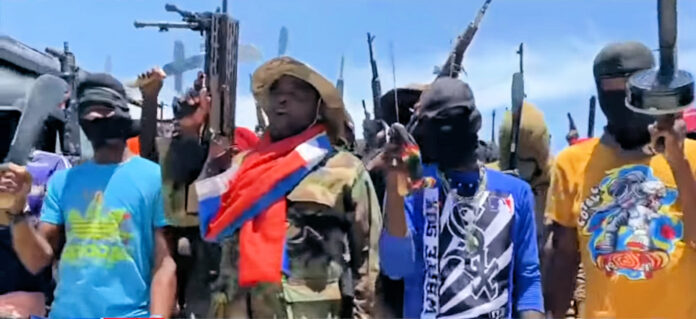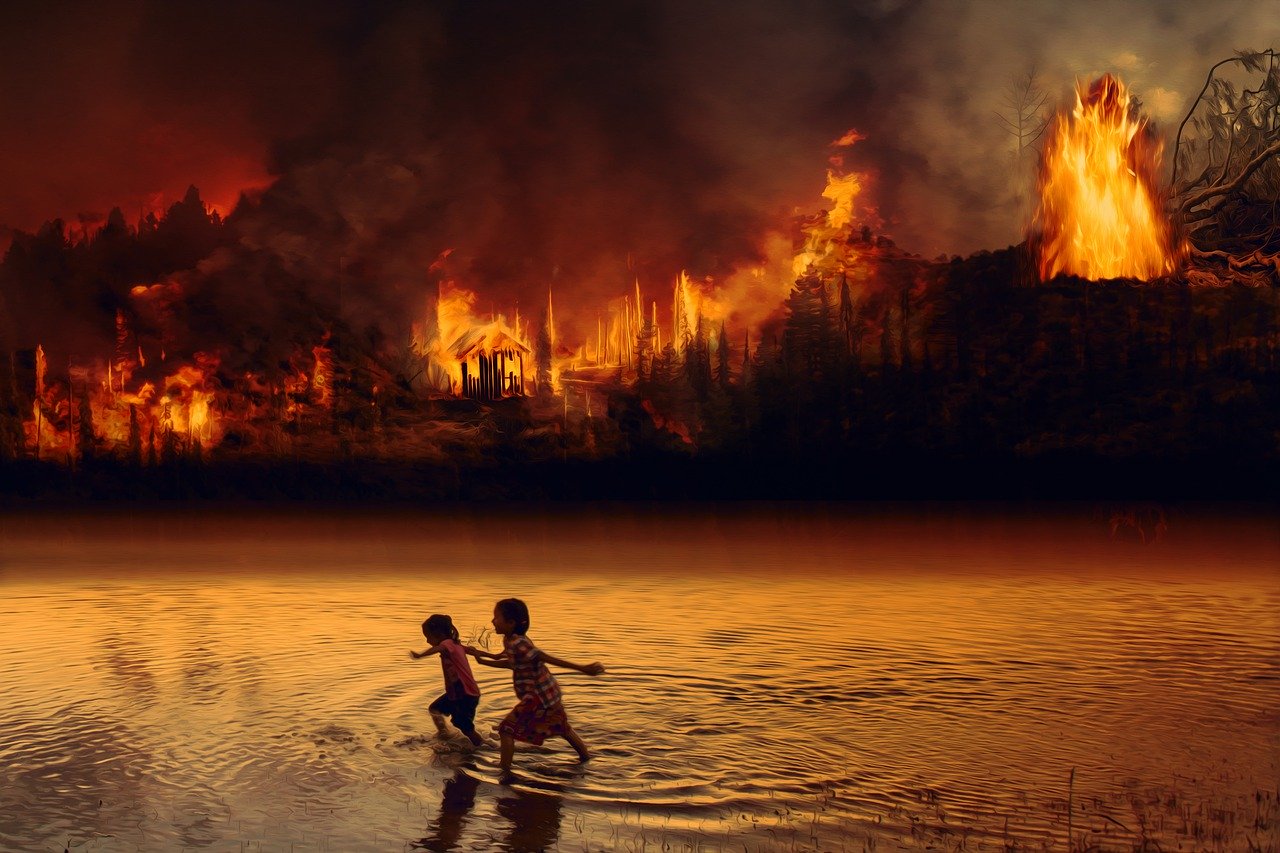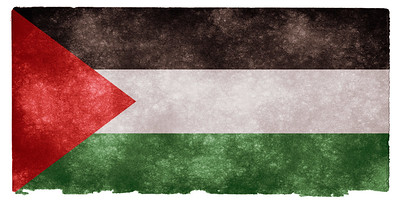Trump orders expansion of Gitmo migrant facility
President Trump has ordered the construction of a 30,000-bed facility to hold migrants at the notorious US naval facility at Guantánamo Bay, Cuba, as part of his mass deportation campaign. The US base has been used to house terrorism suspects since 2002, becoming synonymous with torture and unlawful imprisonment. The US has secretively detained refugees and migrants intercepted at sea at Guantánamo Bay for decades, but the facility has not previously been used for people apprehended on US soil or at this scale. (Photo: Spc. Cody Black/WikiMedia via Jurist)



